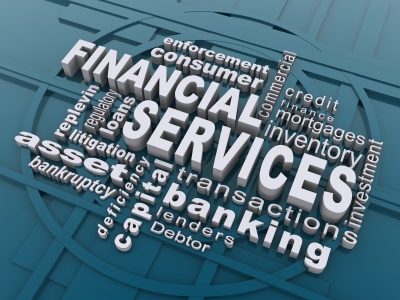More people than ever before are finding themselves steep in debt. Living with bad debts or bad credit can lead to tension and worry and for most filing for bankruptcy then seems to be the only answer out of the whirlpool of anxiety. However, it does not have to always be that way as there are many ways of fixing credit.
Careful planning and some sound advice can help people legally repair their bad credit.
The first step to improving your credit or to start fixing your credit is to request for a copy of your credit report from a credit bureau. Find out what is owed and to whom. If you find that there are inaccuracies on the report, it can be sent back to the bureau and disputed. You could also take the extra step of contacting the creditor through whom the error was made.
If the bad debts on the report are genuine and result from outstanding debts, try and pay those immediately, starting with the ones having the highest interest rates. However, if the bad debts are beyond your means, you could contact a non-profit credit counselling organization, which will assist you in designing a debt consolidation plan. Here, a counsellor in charge will help you to consolidate your debts and even contact the debtors to try and reducing the finance charges.
There are several loan sharks who may try to take advantage of your situation. Stay away from the people who attempt to offer you debt consolidation loans. Though they may make the proposition sound good, it will only get you further into the hell – hole of bad debt. Remember, there are several ways to improve your credit, but this is certainly not one of them.
The next step would be to curtail all spending by closing all credit cards, selling valuables and liquidating assets. This will bring in some cash and help you to start repaying your debts. Keep money aside only for daily essentials and use the rest for fixing your credit. Start living a life that will allow you to re-establish good credit. Pay all your mortgages and other expenses promptly, keep your job status and maintain your savings and checking accounts. Most importantly, set yourself a budget and stick to it.
Once you have repaid your debts, apply for a new credit card, use it wisely and start building for yourself a good credit history. Ensure that you pay off the credit card balance promptly. If you are not eligible for a regular credit card, you could apply for a secured one, which will allow you to fund an account and charge expenses on it. This secured credit card will show up on your credit report and, if used responsibly, can help fix and improve your credit history.


